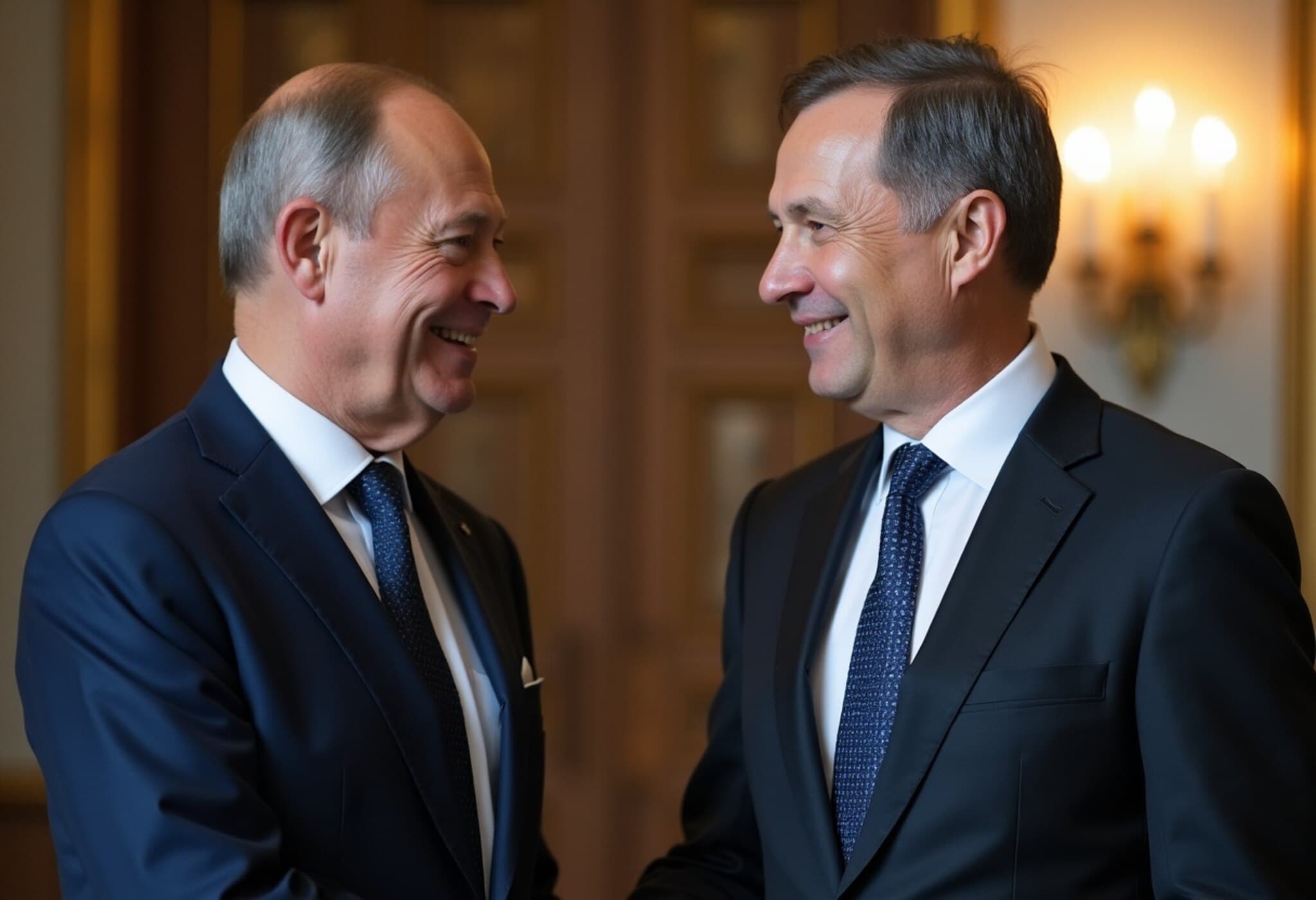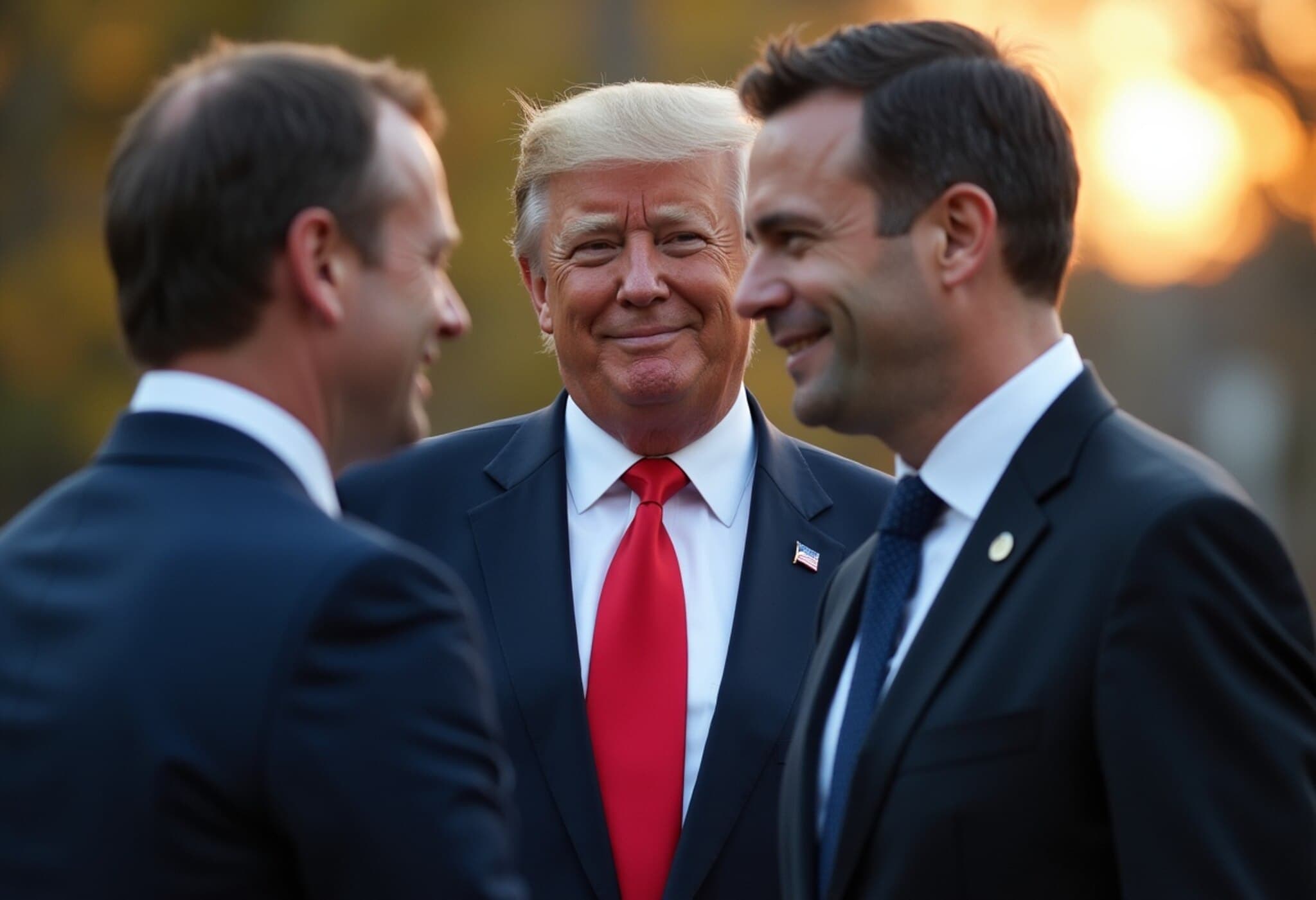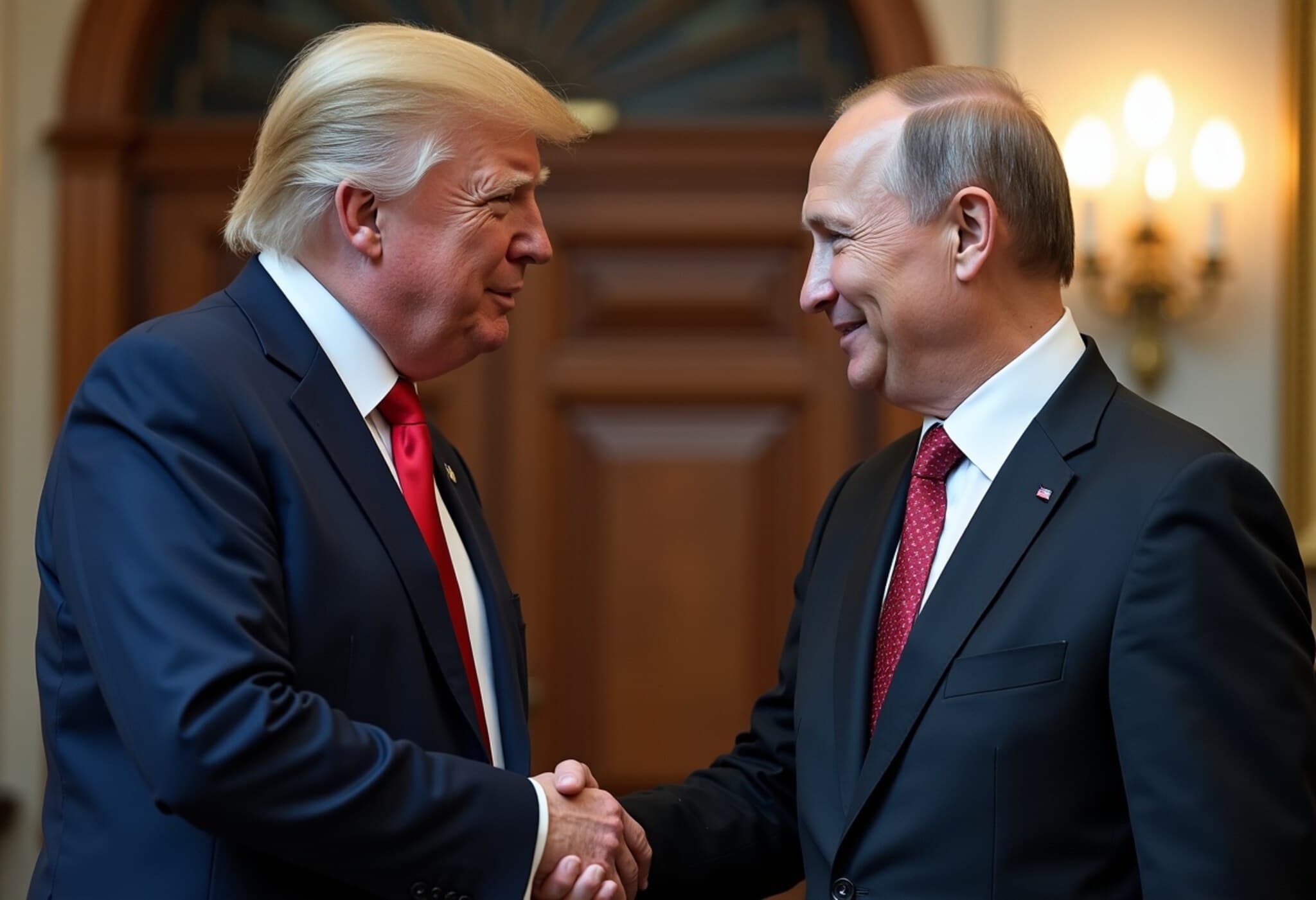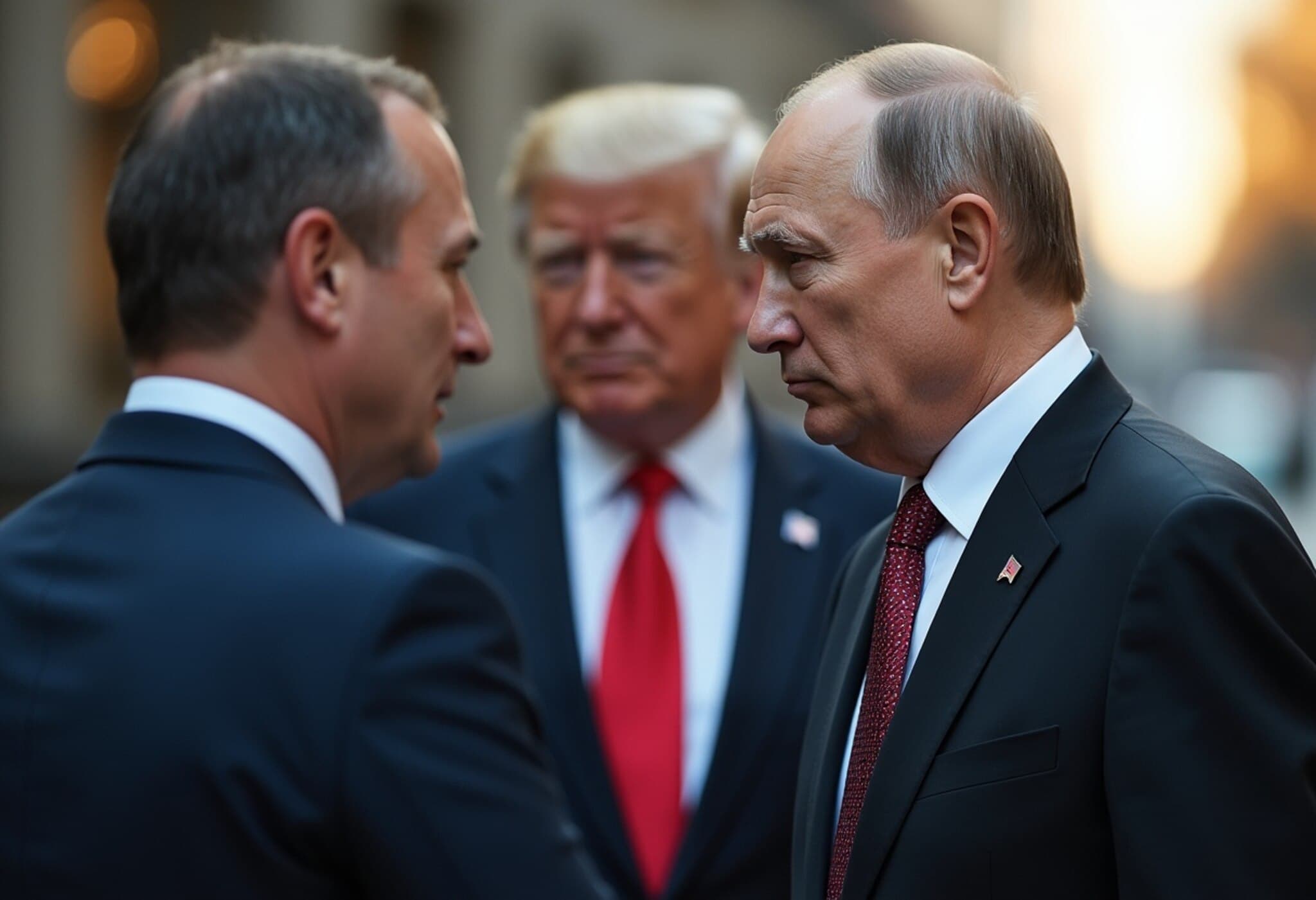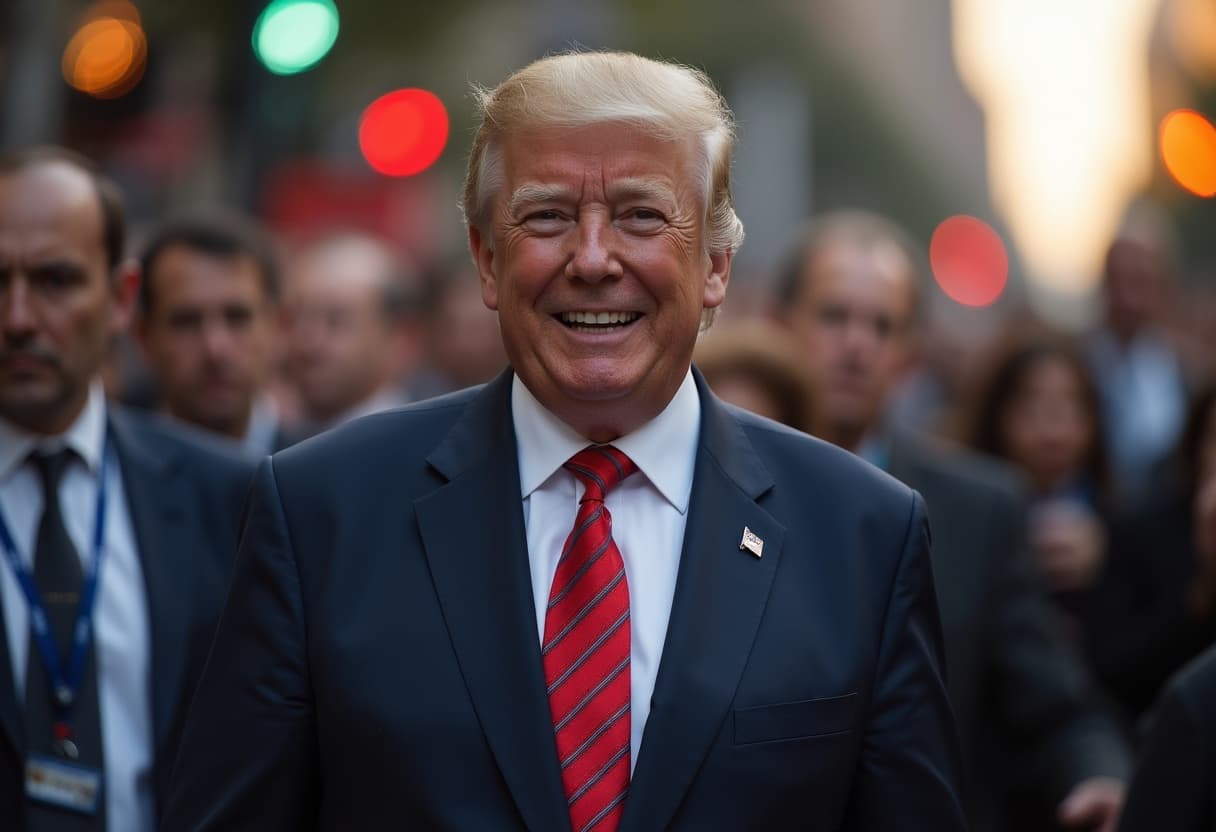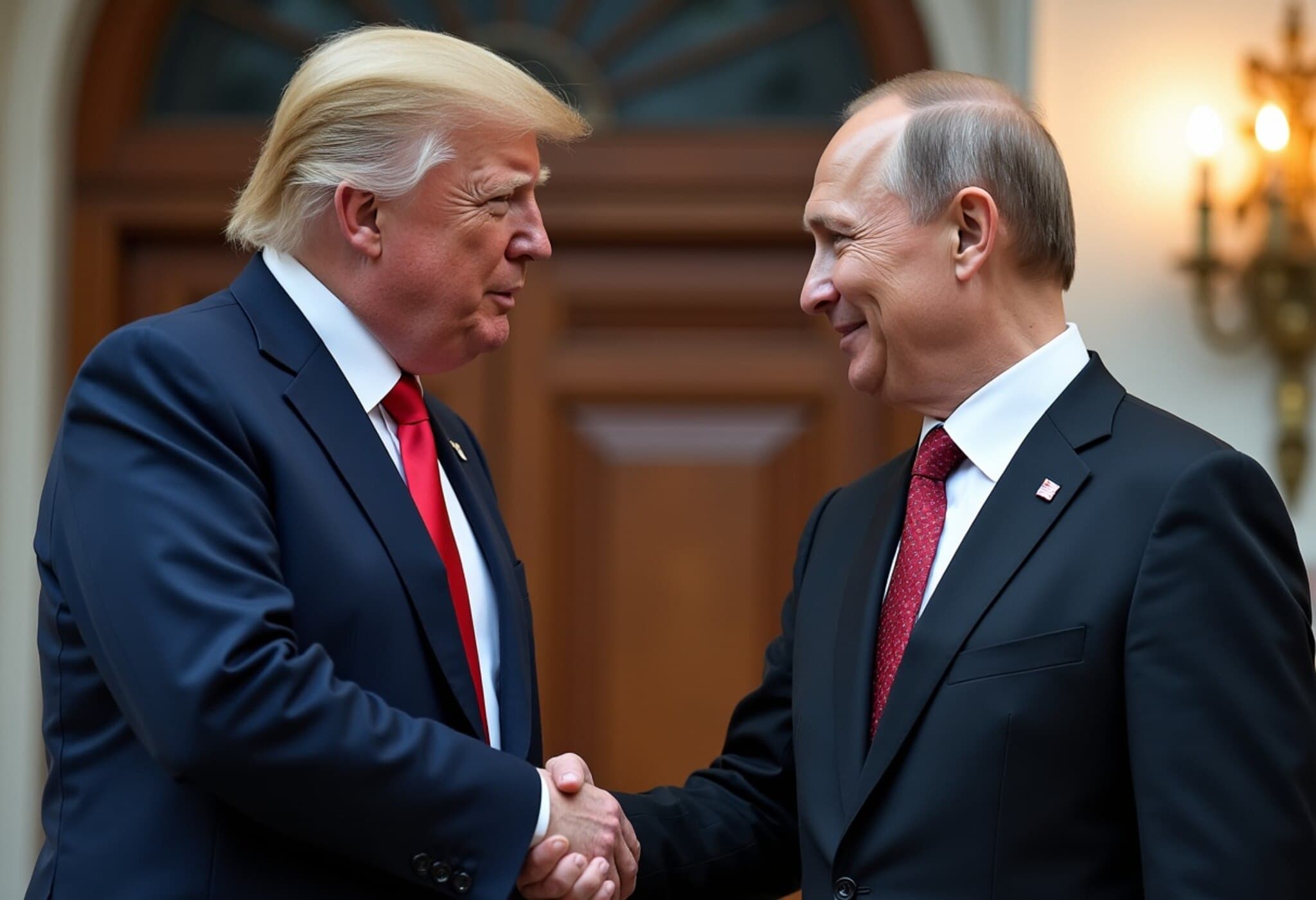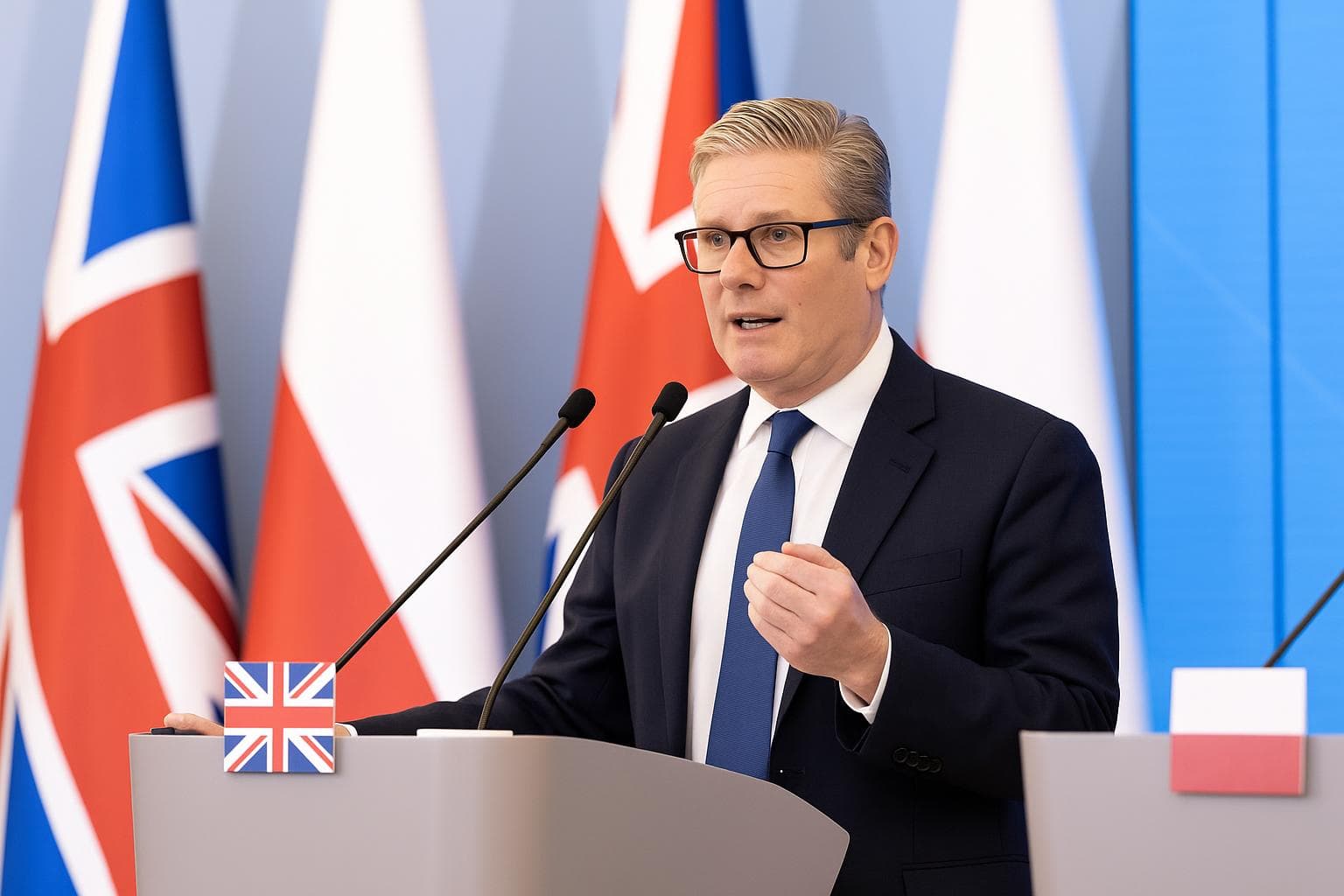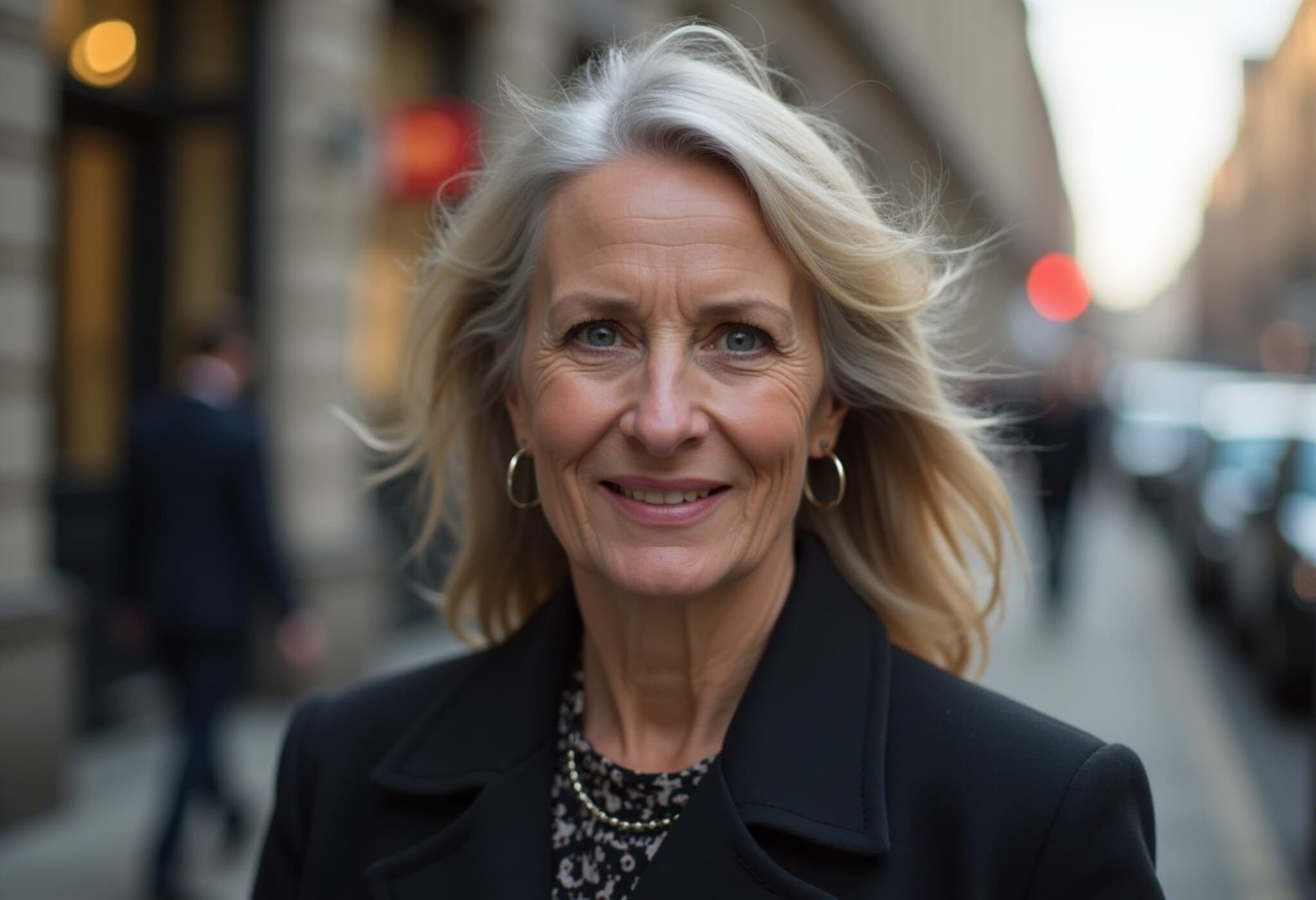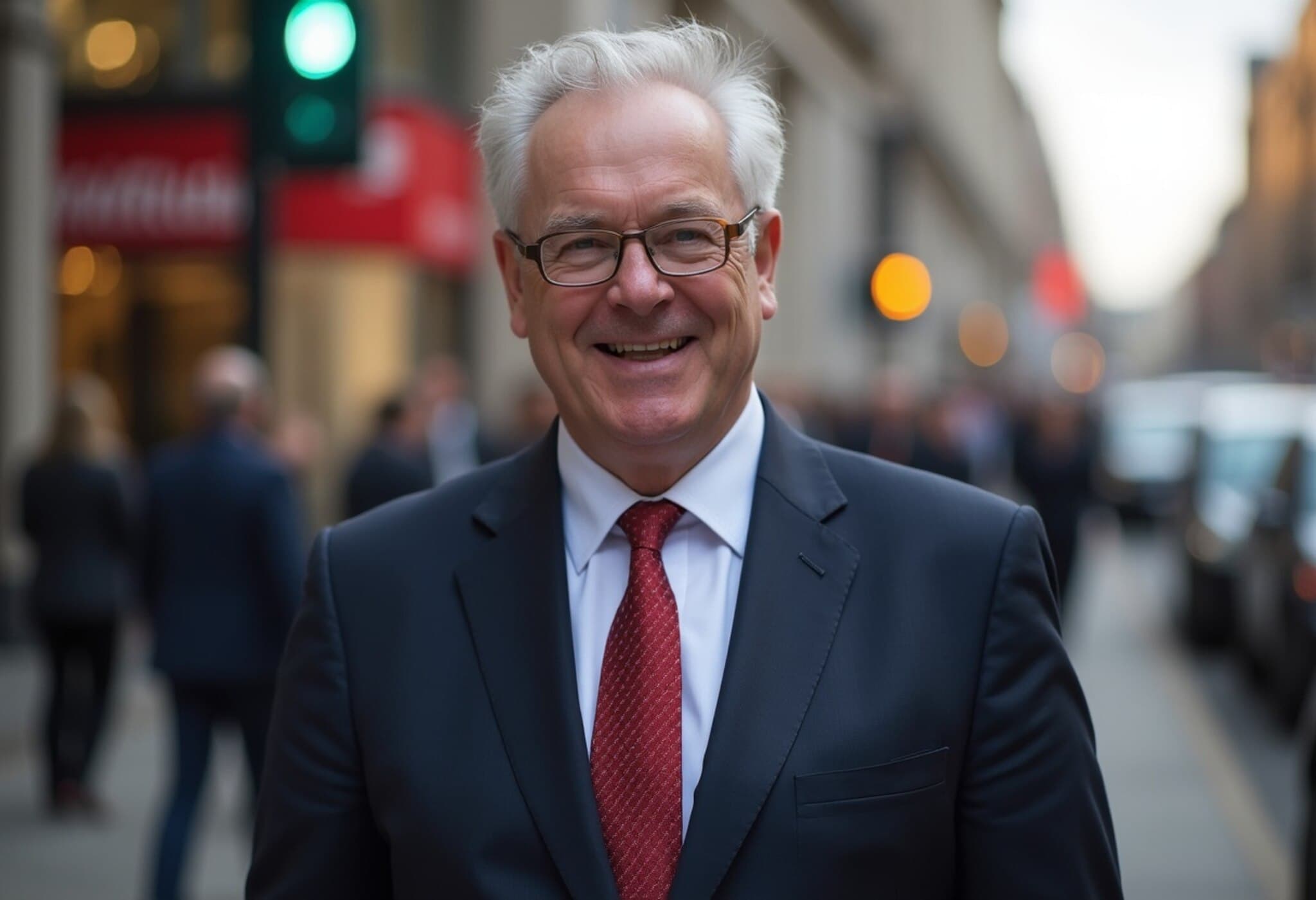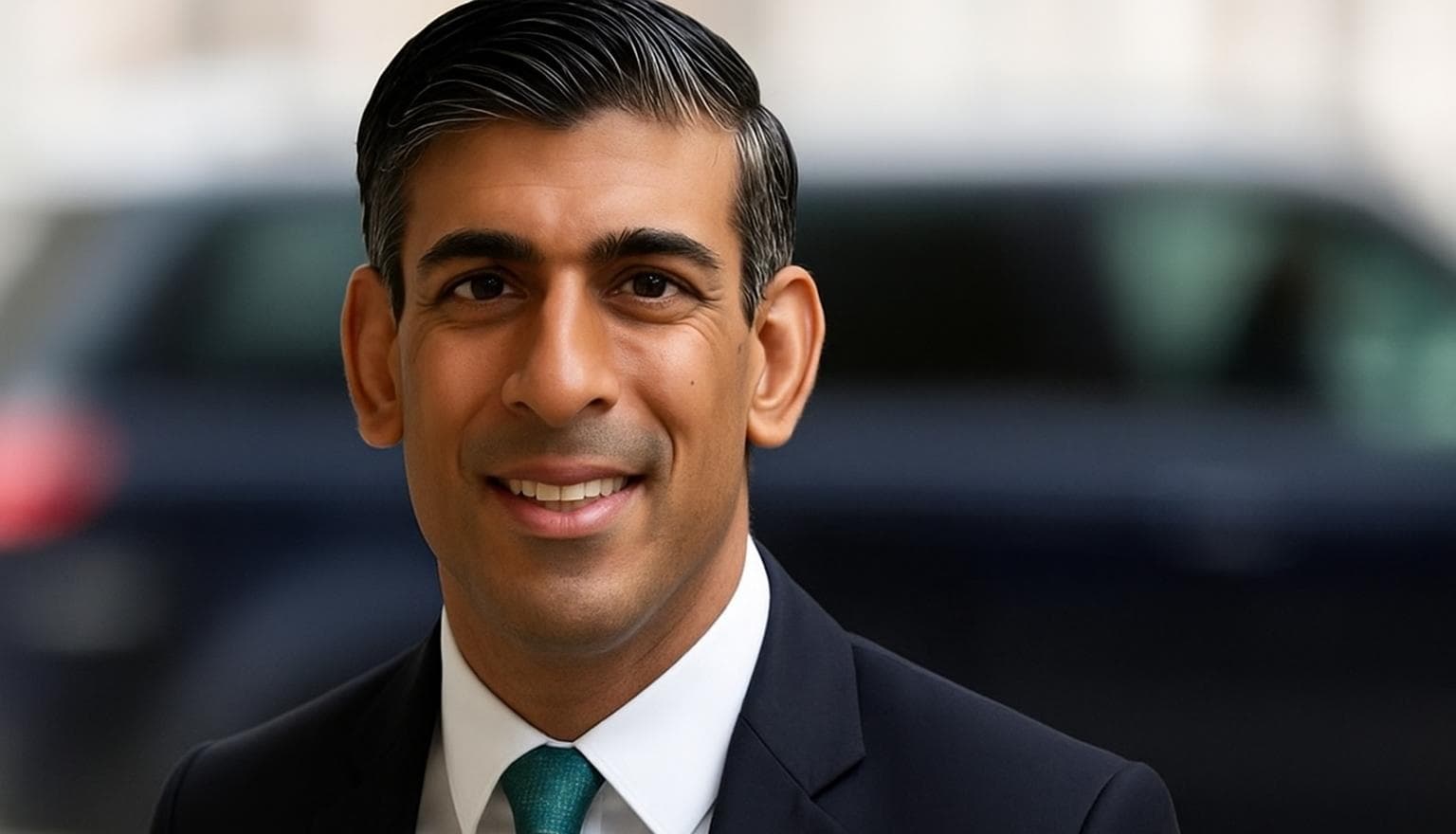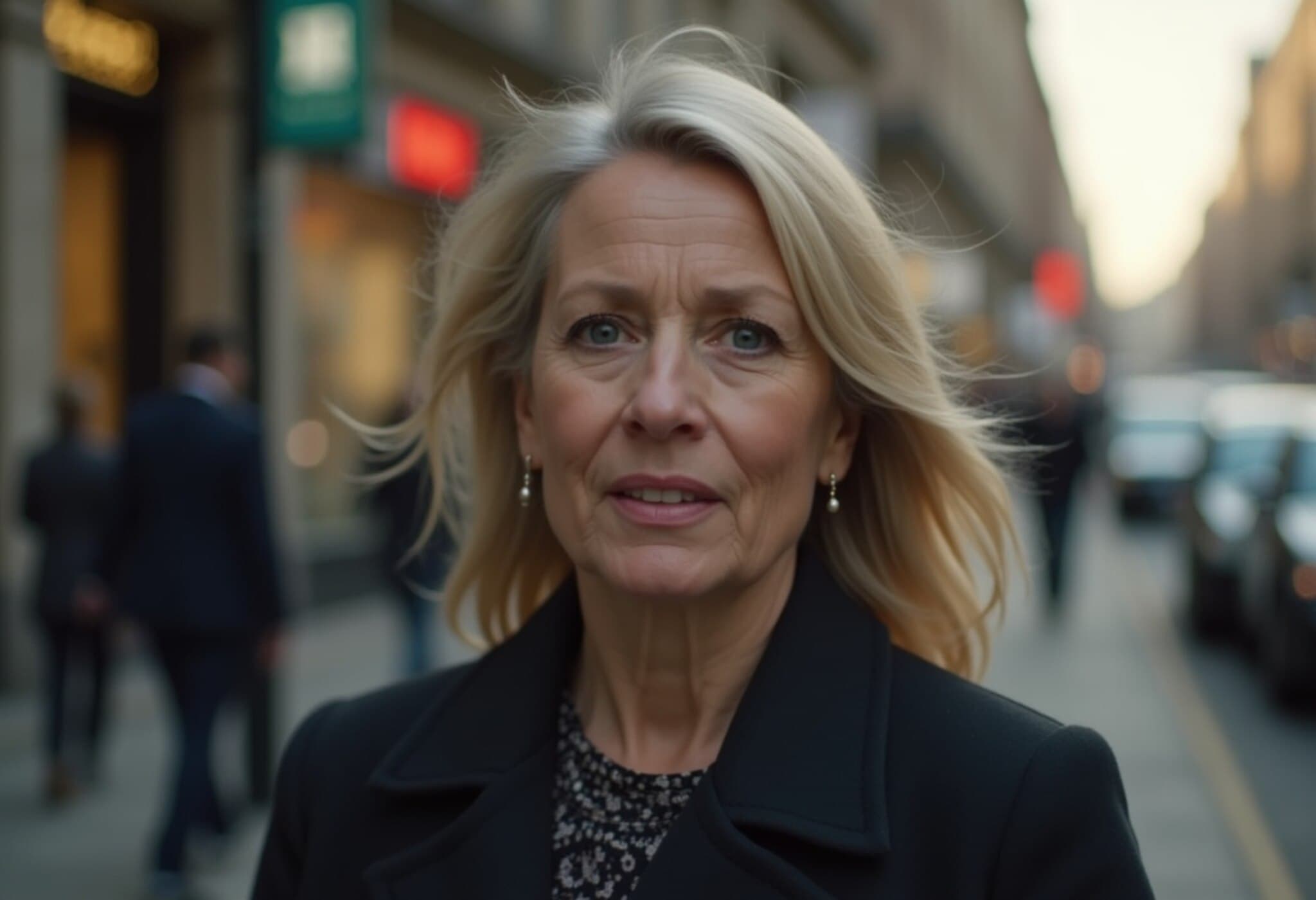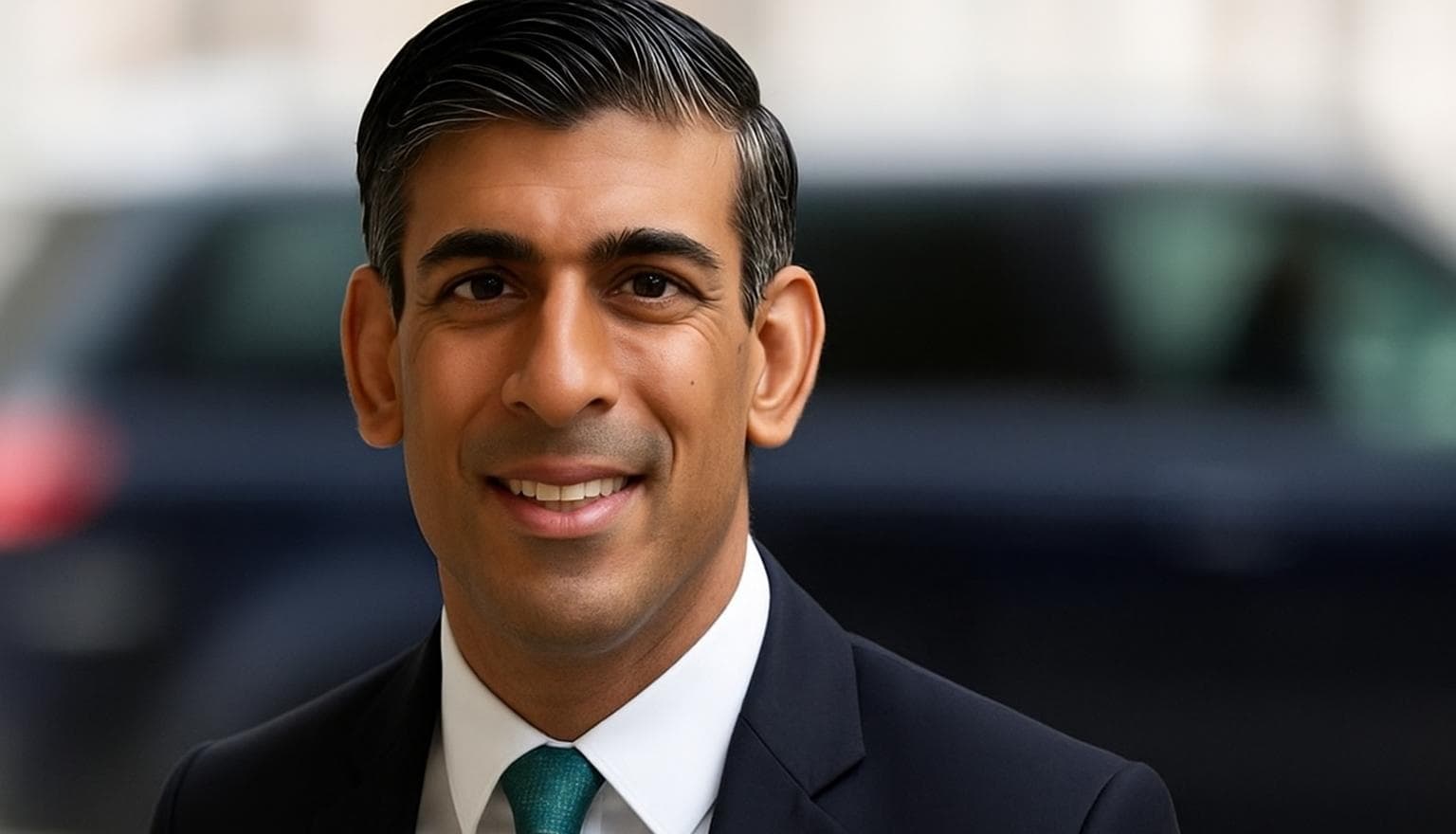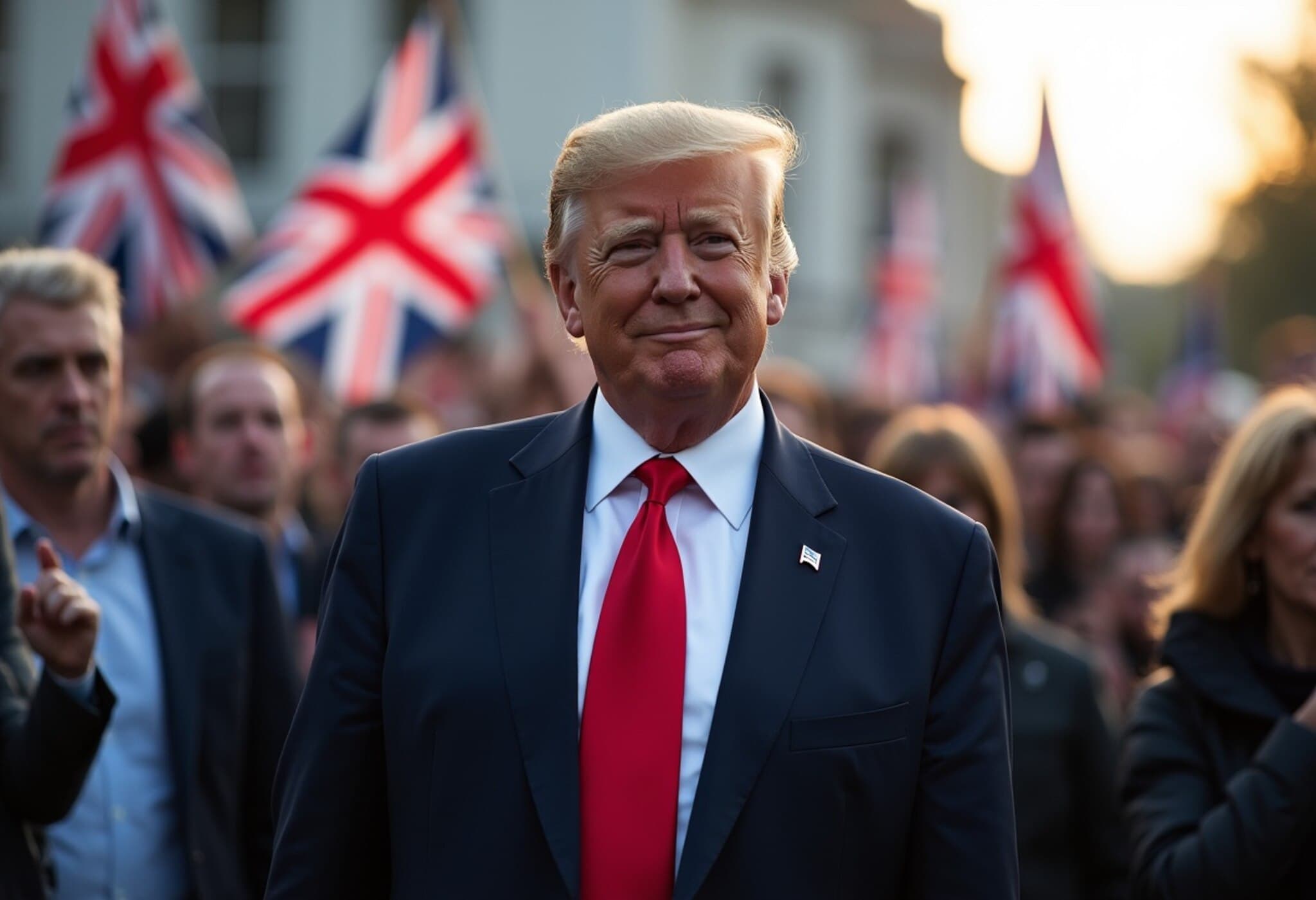Nigel Farage Emerges as a Central Figure in British Politics
Once considered a fringe agitator, Nigel Farage has swiftly transitioned into a pivotal political force in the United Kingdom. Recent polling suggests his Reform party, the successor to the Brexit Party, may soon surpass the traditional giants—Labour and the Conservatives—to become the leading party in UK politics. This shift signals a profound transformation in the British political landscape, driven by populism, voter realignment, and deep societal divisions.
Contrasting Political Systems: Why Australia and the UK Differ
To fully understand the UK's destabilizing political climate, a comparative glance at Australia is instructive. Australia's compulsory voting and preferential ballot system have historically served as stabilizing mechanisms, protecting it from dramatic political fragmentation. Minor parties find it challenging to gain traction, allowing the two major parties to dominate.
By contrast, the UK's first-past-the-post system and voluntary voting structure create a volatile environment where charismatic outsiders can disrupt conventional party politics and capitalize on voter disenchantment.
Farage’s Brand of Populism: Charisma, Grievance, and Nostalgia
Farage’s political appeal hinges on his image as the relatable "man of the people," a persistent critic of political correctness and the European Union. His rhetoric is intentionally provocative, often employing subtle racialized language that resonates with disaffected voters harboring fears about cultural and economic change. This style contrasts sharply with the more reserved and policy-focused approach of Labour leader Keir Starmer, whose legalistic background and measured tone strike some as disconnected from voters' immediate concerns.
The Shifting Electoral Landscape
<- Traditional Labour Heartlands: Once rock-solid blue-collar bastions, particularly in northern England, these constituencies have experienced significant political flux. Voters there supported Brexit enthusiastically and swung to the Conservatives in 2019 before tentatively returning to Labour recently. Now, many of these voters feel drawn to Farage’s Reform party.
- Conservative Party’s Decline: The Tories languish in public opinion, with their support eroded by Farage’s incursion. Even long-standing Conservative donors express openness to backing Reform if it develops credible economic policies.
Fragmentation on the Left: The Rise of 'Your Party' and Labour's Challenges
While the right fractures under Farage’s influence, Labour is simultaneously contending with internal dissent and a fracturing left wing. The launch of "Your Party" by former Labour MP Zarah Sultana alongside Jeremy Corbyn aims to capture voters seeking radical wealth redistribution and community-rooted activism. This emergent force threatens to siphon votes from Labour, exacerbating the party’s electoral vulnerabilities in the UK's first-past-the-post voting system.
Compounding Labour’s woes is Sir Keir Starmer’s controversial disciplinary actions against prominent figures like Diane Abbott, a trailblazing black woman and veteran Labour politician. Abbott’s exclusion from the parliamentary party sparked shockwaves, further alienating grassroots activists and potentially driving more support toward Corbyn-led alternatives.
The Broader Implications: A UK Politics in Flux
With traditional parties weakened, voter loyalties in flux, and far-left and far-right populists gaining momentum, the United Kingdom faces a political landscape marked by uncertainty and fragmentation. The prospects for a lone party securing a parliamentary majority appear increasingly remote, raising questions about governance stability and policy coherence in the years ahead.
Expert Insight
As a former Australian high commissioner to the UK and legal expert, I observe that Farage’s rise reflects not only local grievances but global trends toward populist revival. The UK’s political system lacks the structural safeguards found in countries like Australia, enabling rapid political realignment. This trend underscores the growing challenges democracies face in managing polarization while preserving democratic norms.
Conclusion: What Lies Ahead?
The next UK general election may still be years away, but the ground beneath British politics is shifting dramatically. Nigel Farage’s Reform party is capitalizing on widespread dissatisfaction across both traditional right and left blocs. Labour struggles with internal divisions and leadership challenges, while the Conservatives confront a crisis of identity and support. For voters craving stability, these developments raise pressing concerns about the effectiveness of parliamentary governance going forward.
Editor's Note
Nigel Farage's ascendance encapsulates a broader phenomenon redefining Western democracies — the collapse of traditional party loyalties and the rise of disruptive populism fueled by cultural and economic anxieties. As the UK navigates this volatile terrain, questions remain about how its political institutions will adapt to represent a more fragmented electorate. Will new coalitions emerge, or will the system be paralyzed by division? Understanding these dynamics is essential for anticipating future policy directions and democratic resilience.


